What is a Homestead Tax Exemption?

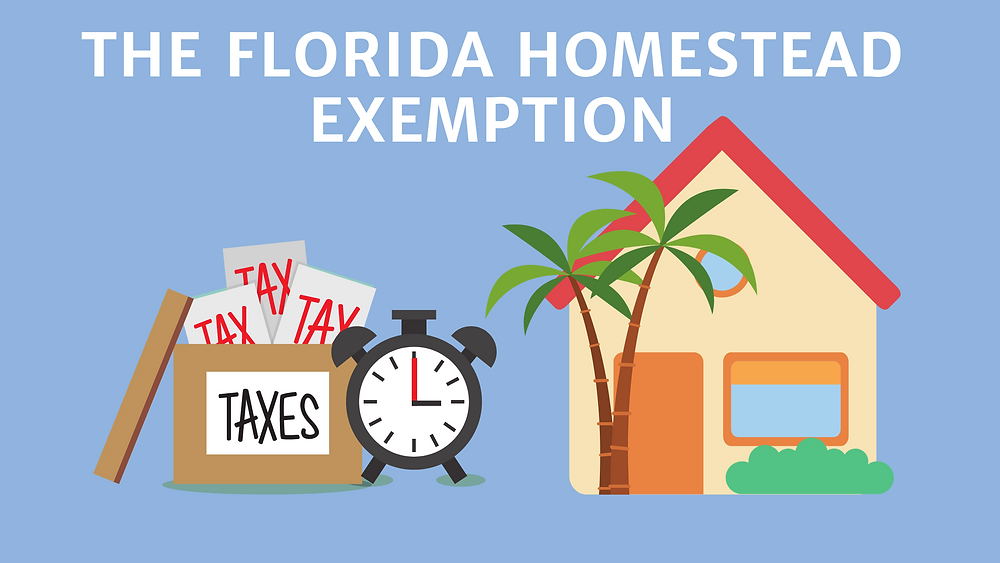
When diving into the world of real estate, especially as a buyer, you might come across the term "Homestead" and wonder what it entails. Understanding what a homestead is, how to register one, and the timeline for its effects can provide significant benefits and protections for homeowners. Let's explore these aspects in detail.
A homestead refers to a legal regime designed to protect the value of a home from property taxes, creditors, and circumstances arising from the death of the homeowner's spouse. Essentially, it offers a form of financial security by providing certain protections to homeowners. These protections can include exemption from property taxes up to a certain amount, protection from forced sale by creditors (with some exceptions), and rights of occupancy for surviving spouses.
To take advantage of these protections, homeowners must formally declare their property as a homestead. The process involves registering your home with the appropriate government office in your state or county. This registration is typically done at the county recorder’s office or assessor’s office, depending on local regulations. It’s important to consult with your local government or a legal professional to determine the exact location and requirements for filing in your area.
The process of registering your home as a homestead generally involves filling out a homestead declaration form and submitting it along with any required fees. Some states may require additional documentation or proof of residency, so be sure to check the specific requirements for your jurisdiction. Once you’ve gathered all necessary documents and completed the form, you’ll submit it to the designated office for processing.
After submitting your homestead declaration, you might wonder how long it will take before the homestead protections take effect. The timeline can vary depending on your location and the efficiency of local government offices. In many cases, once the declaration is filed and accepted by the county recorder or assessor’s office, the protections become effective immediately. However, it's always wise to confirm this with your local office or legal advisor to ensure there are no delays or additional steps required. 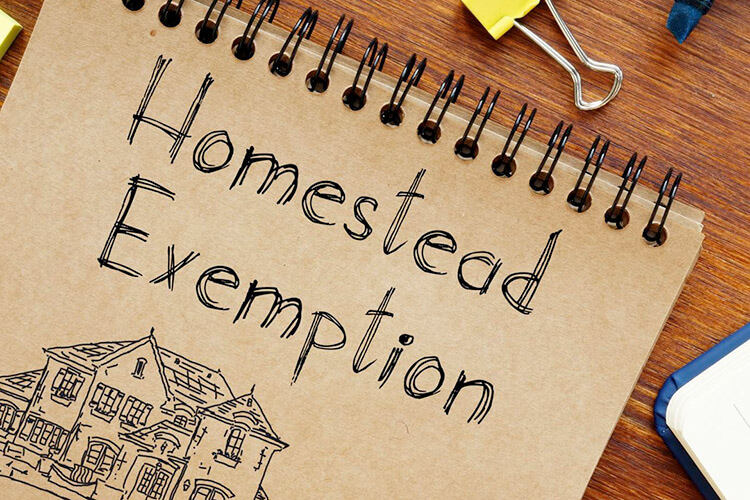
Understanding these timelines is crucial because immediate protection can be vital in situations where financial difficulties arise suddenly. Knowing that your primary residence is safeguarded against certain claims provides peace of mind and stability during challenging times.
In summary, declaring your property as a homestead can offer valuable protections for homeowners against property taxes and creditors while ensuring rights for surviving spouses. The process involves registering your home with the appropriate government office in your state or county by filling out a homestead declaration form and submitting it along with any required fees or documentation. Once submitted and accepted, these protections often take effect immediately but verifying this with local authorities is recommended.
For buyers navigating through real estate transactions, understanding what a homestead is and how to register one can be an essential step in securing their investment and ensuring long-term financial stability. Whether you're purchasing your first home or adding another property to your portfolio, considering homestead protections could be a prudent move towards safeguarding your assets.
Feel free to reach out to local authorities or consult with real estate professionals who can guide you through this process efficiently. By doing so, you'll be well on your way to enjoying all the benefits that come with declaring your home as a homestead.
Recent Posts
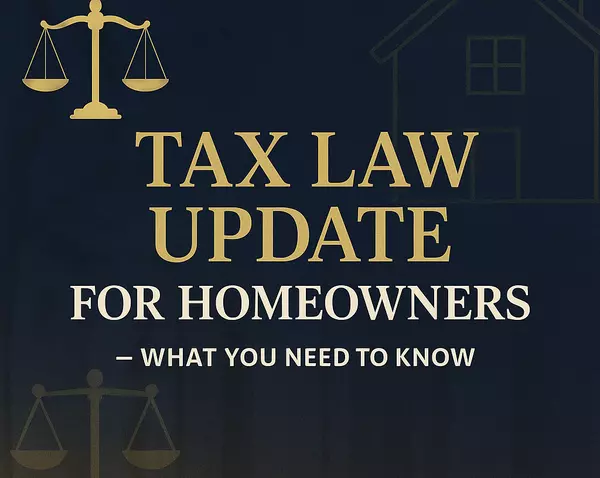
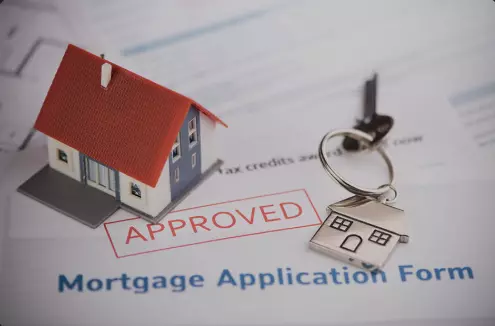
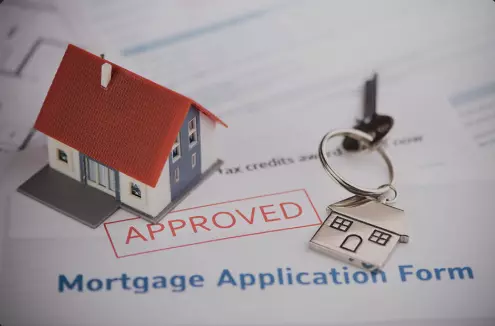



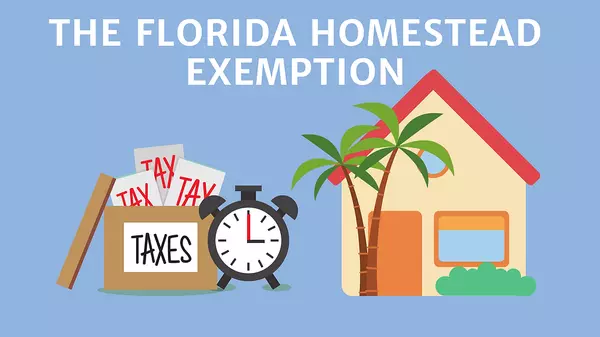
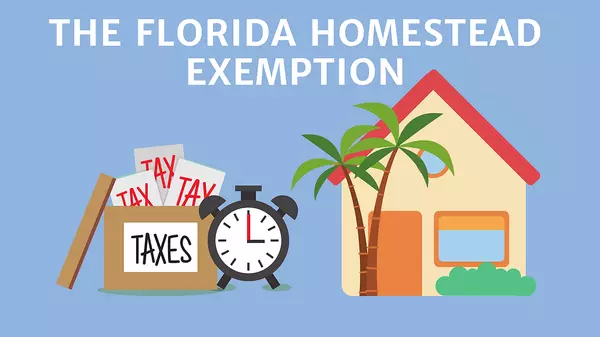
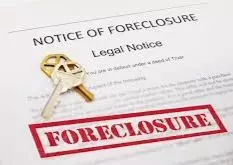
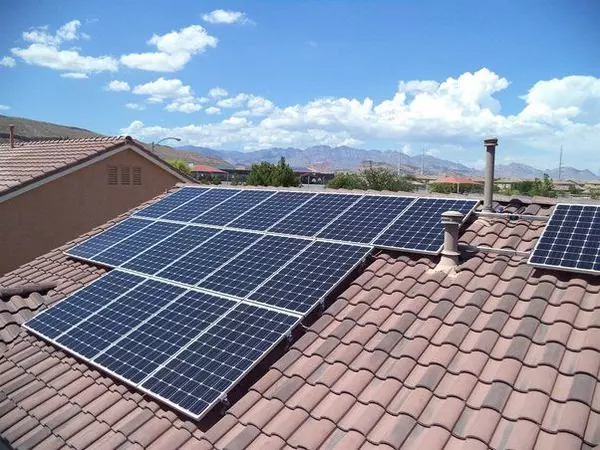

"My job is to find and attract mastery-based agents to the office, protect the culture, and make sure everyone is happy! "
dgonzalez@homesunlimited.solutions
8803 Futures Drive Unit 10A, Orlando, Florida, 32819, USA
